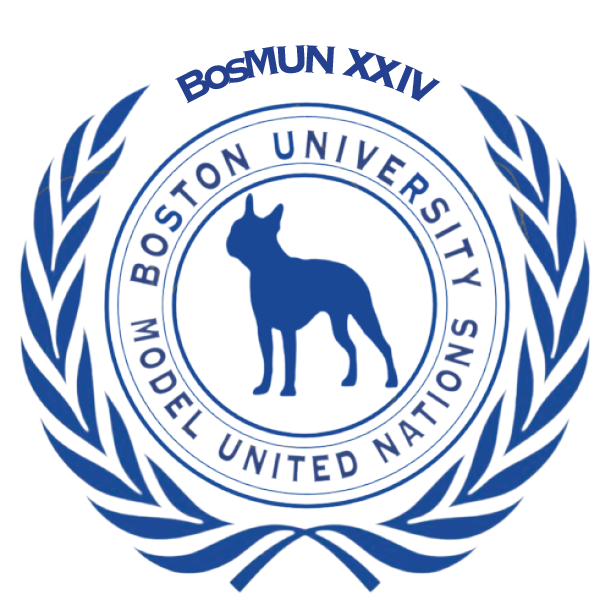The International Atomic Energy Agency (IAEA) is an intergovernmental organization that aims to promote the peaceful use of nuclear energy. Established in 1957, the IAEA has historically worked amid rising tensions between nuclear powers to promote nuclear safety and peaceful uses; however as nuclear weapons and powers become more common, it is essential for the IAEA to adapt to the changing times and changing technologies. To foster international cooperation, delegates must collaborate to explore the best course of action to be taken in this modern time.
topics and questions to consider
Topic 1: Radioactive Waste Management and Regulations
Questions to Consider
How can circular economic models, such as reuse, recycling, and waste avoidance, be integrated into nuclear programs?
What role can international collaboration play in building capacity and sharing technological expertise?
In what ways can partnerships between governments, regulators, and industry stakeholders promote best practices and knowledge exchange?
How can these nations build the necessary infrastructure while ensuring compliance with international standards?
In what ways can principles of sustainability be integrated into radioactive waste management?
Topic 2: Checks and Balances and Safeguarding Acts of Nuclear Powers
Questions to Consider
What steps can the IAEA take to improve the global safeguards system to ensure that nuclear powers, including non-NPT members, comply with international norms and prevent the proliferation of nuclear weapons?
How can the IAEA enforce stronger verification mechanisms without infringing on national sovereignty?
How can the international community strengthen existing frameworks, like the Nuclear Non-Proliferation Treaty (NPT) and bilateral arms control agreements, to ensure effective checks and balances on nuclear powers, while maintaining global security?
Should new multilateral agreements or reforms to the NPT be introduced to address emerging challenges, such as cyber threats to nuclear command systems?
How can non-nuclear-weapon states contribute to maintaining checks on nuclear-armed states, beyond the scope of the NPT?



